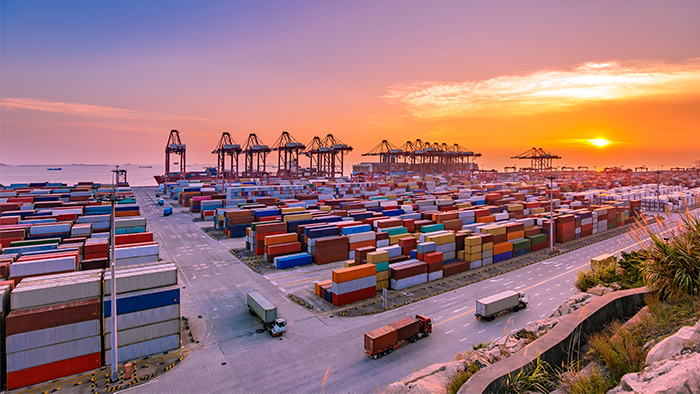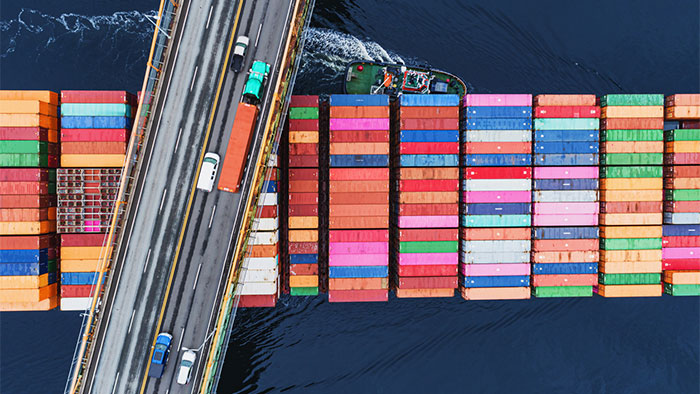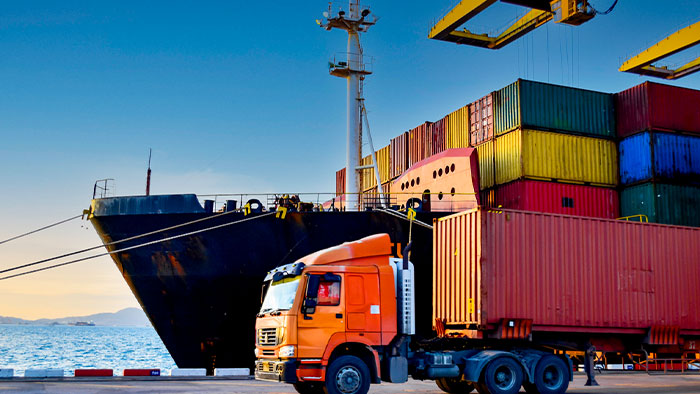Retail in 2020: Securing Efficient Supply Chains
- By [ Blake Harden ]
- 01/30/2020
That’s why RILA is working with key stakeholders to reduce barriers to trade and enhance performance throughout the supply chain.

Specifically, we are focused on:
Supporting Free and Fair Trade Agreements
Economic growth and job creation in America depend on expanding U.S. trade and investment opportunities across the globe. Leading retailers welcome the comprehensive trade deal agreed to by our North American neighbors known as the United States-Mexico-Canada Agreement (USMCA). Free trade agreements like the USMCA and trade preference programs such as the Generalized System of Preferences (GSP) allow retailers to invest, plan for the future, create jobs, and provide their customers with the widest possible selection of affordable and quality products.
RILA will continue to lead the way in showcasing the benefits of trade to American families and the U.S. economy. It is vital to the American consumer and to our national security to have access to open, free, and fair markets to conduct commerce.
Dive deeper: RILA Statement on USMCA Trade Deal Signing (1/29/20)
Beating Back Tariffs
Harmful tariffs have cost American businesses and consumers tens of billions of dollars over the past two years. As the largest U.S. importers, leading retailers remain concerned about the impact tariffs will have on consumer prices and American family budgets. The 201 washing machines, 232 steel and aluminum, and China 301 tariffs have created uncertainty for trade flows, added millions in operational costs for our businesses, delayed future business investments, and increased costs to consumers. In fact, in its recent report, the Congressional Budget Office estimated that tariffs would “reduce average real household income by $1,277 (in 2019 dollars) in 2020.”RILA has been actively engaged with the Administration and Congress to voice leading retailers’ concerns over the negative impact tariffs have not only to the broader economy, but to the American consumer. We will continue to educate and advocate for a bold trade agenda that creates new opportunities for open markets and lowers trade barriers while facilitating the efficient movement of goods and services across our borders.
For more information about RILA’s trade policy advocacy, please contact Vice President, International Trade Blake Harden.
Tags
-
Forced Labor
-
International Trade
-
Supporting Free Markets and Fostering Innovation


